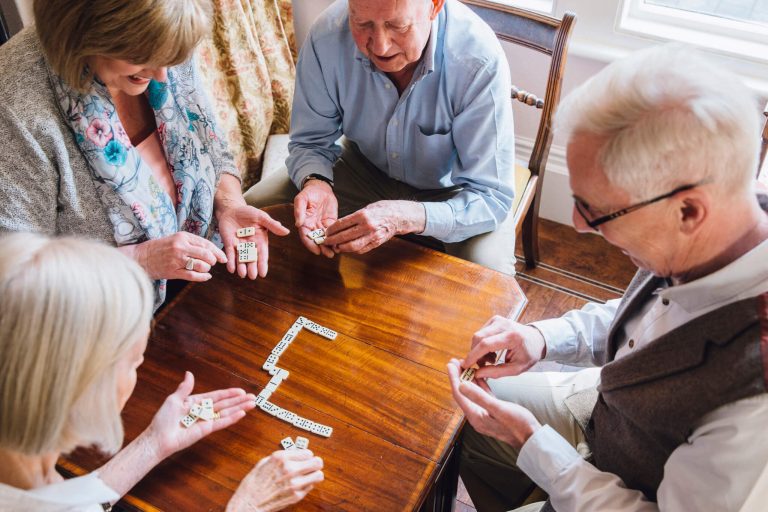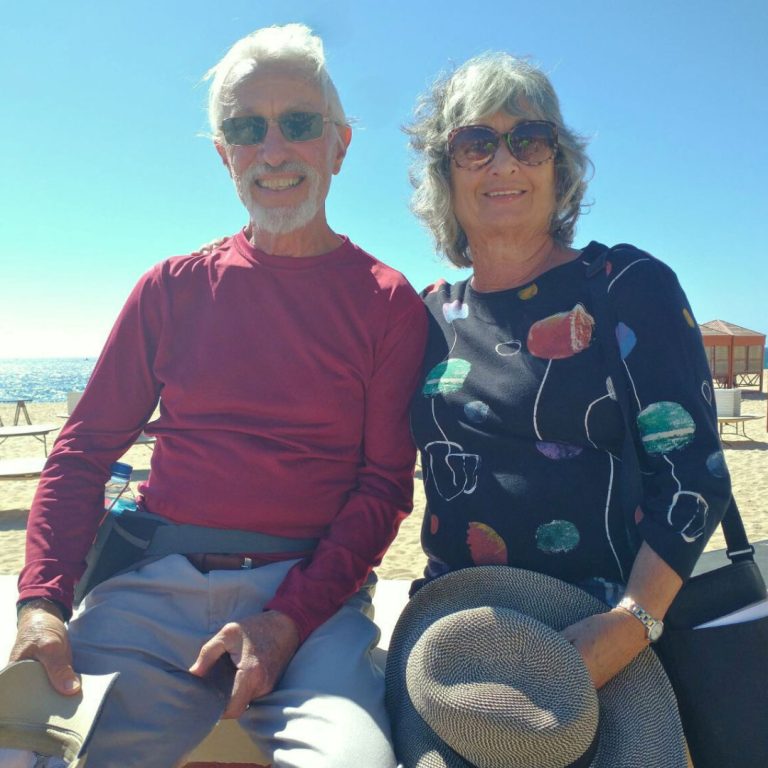
According to a survey conducted by AARP Foundation, Loneliness and Social Connections: A National Survey of Adults 45 and Older, more than one in every three adults over 45 years old in the United States tends to feel lonely. Loneliness and social isolation are even more common in seniors, and these two factors can actually increase your risk of developing certain illnesses, such as heart disease. However, there are steps that you can take to reduce social isolation and feelings of loneliness and, in turn, promote your long-term health.
What is Social Isolation and Loneliness?
Although similar, social isolation and loneliness are two separate terms. Social isolation is described as a lack of social support and connections, and loneliness is a feeling of being disconnected from others.
Social isolation does not necessarily equate to loneliness, and vice versa. The impact of loneliness or social isolation on a person’s well-being can vary significantly. However, it is important that people who feel socially isolated or lonely understand the importance of trying to improve these feelings.
Health Risks of Loneliness and Social Isolation
While these two factors can certainly affect a person’s social, mental and emotional well-being, they can hinder a person’s physical health too. Here is a list of the common health risks associated with social isolation and loneliness:
- Type 2 diabetes
- High blood pressure
- Obesity
- Depression
- Anxiety
- Dementia, including Alzheimer’s disease
- Heart disease
- Stroke
Why Do Seniors Experience Loneliness and Isolation?
Although social isolation and loneliness can affect individuals of any age, seniors aged 65 and above face a heightened risk of experiencing these challenges. One contributing factor is the elevated risk of encountering age-related losses. These losses not only reduce the frequency of social interactions for seniors but also pose obstacles to the formation and growth of new relationships.
This vulnerability is frequently heightened by age-related shifts in hearing and vision, thereby making communication more challenging for seniors.
Seniors may also experience social isolation or loneliness when living with physical disabilities that limit their capacity for independent mobility outside their homes. The problem may intensify when driving becomes challenging or unsafe, making it harder to keep relationships and participate in activities.
How Seniors Can Fight Isolation and Loneliness
Various strategies exist to help minimize or prevent the onset of loneliness and social isolation that seniors may face. One highly effective approach is adopting the lifestyle that comes with moving into a retirement community like Applewood. This choice immediately provides access to engaging social networks, a calendar filled with regular activities and events and convenient access to essential services.
Living at a retirement community also enables seniors to channel their energy and time into social engagements and foster meaningful connections with peers who share similar life experiences. Additionally, the lifestyle in senior living communities nurtures a sense of belonging, enhancing seniors’ happiness and fulfillment by seamlessly integrating social, emotional and physical well-being into their living environment.
Residing in an engaging environment that is customized to meet the changing care needs of older adults brings reassurance to individuals and their families, guaranteeing peace of mind both now and in the future. If you or a family member is contemplating a retirement community in or around Freehold, New Jersey, we invite you to explore Applewood through a guided tour. You can reach us by calling 732-538-8715 or request a tour by filling out a contact form.



